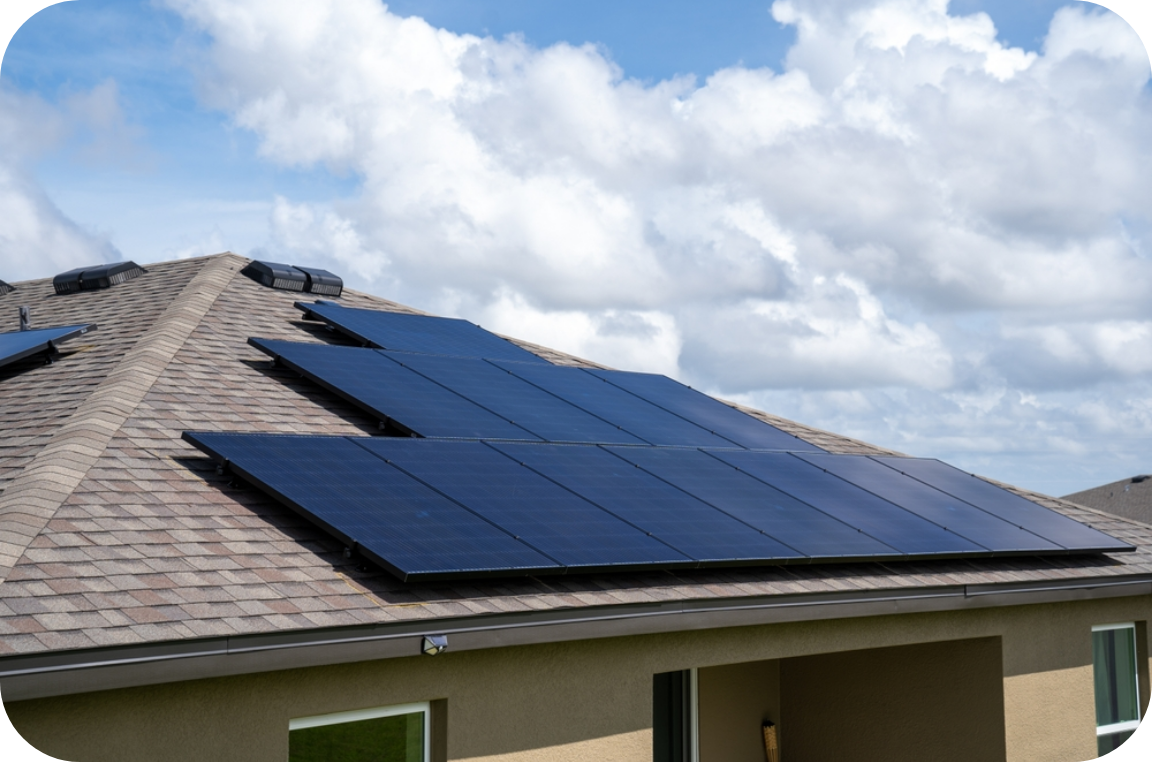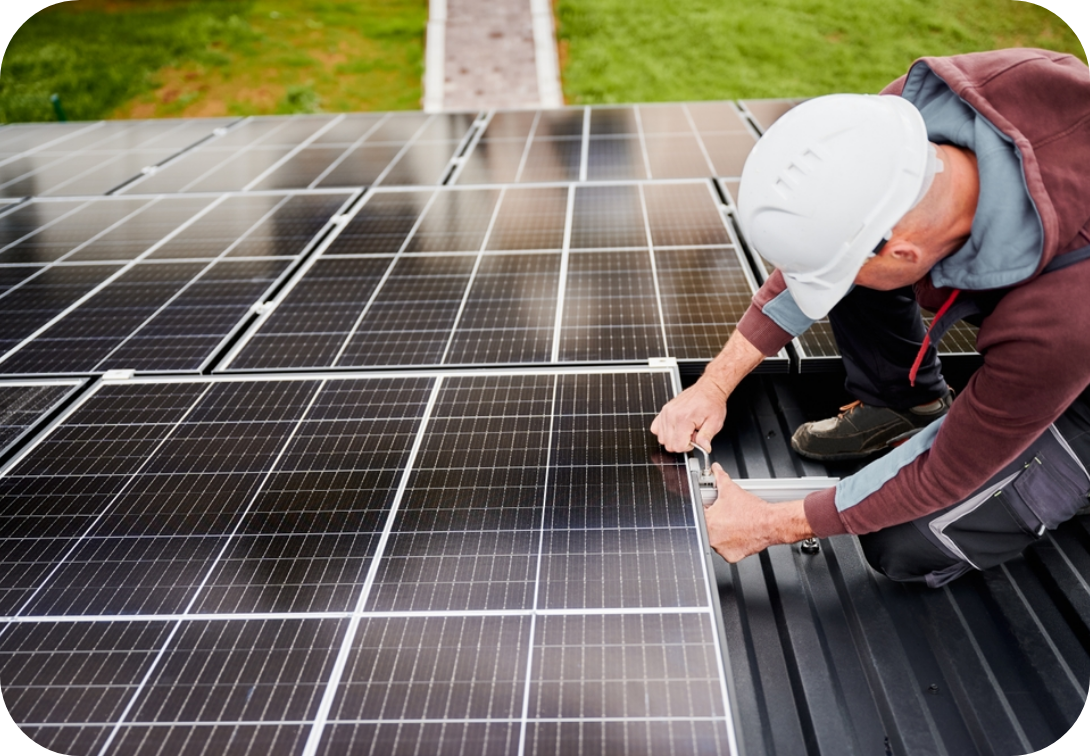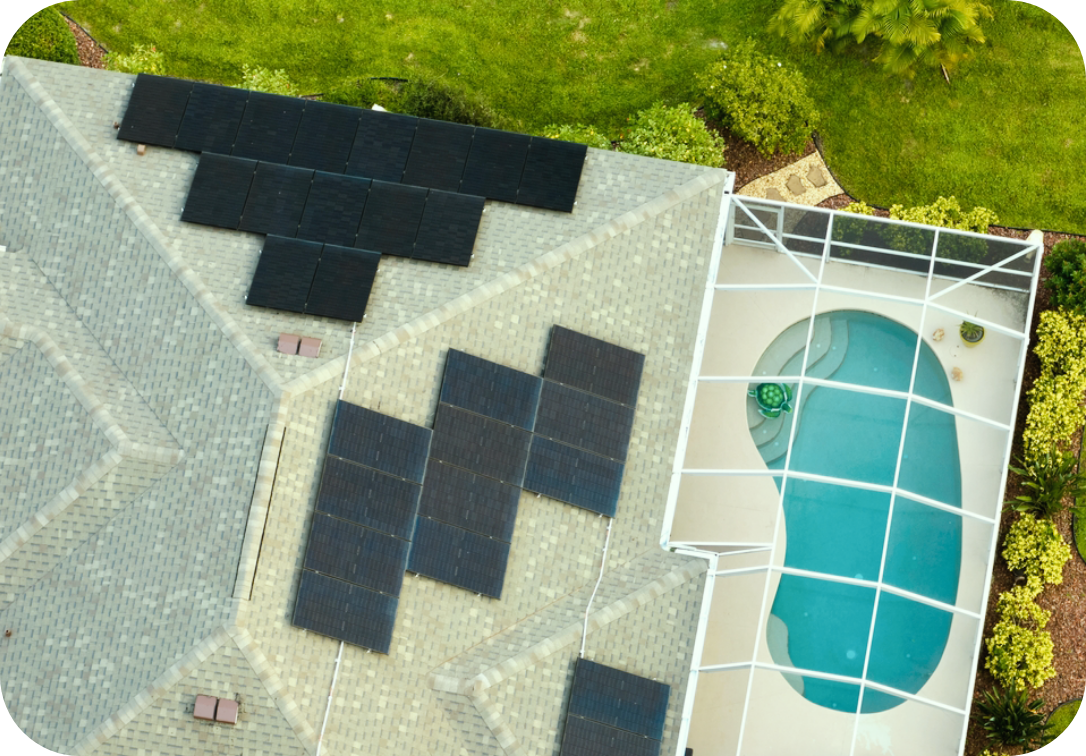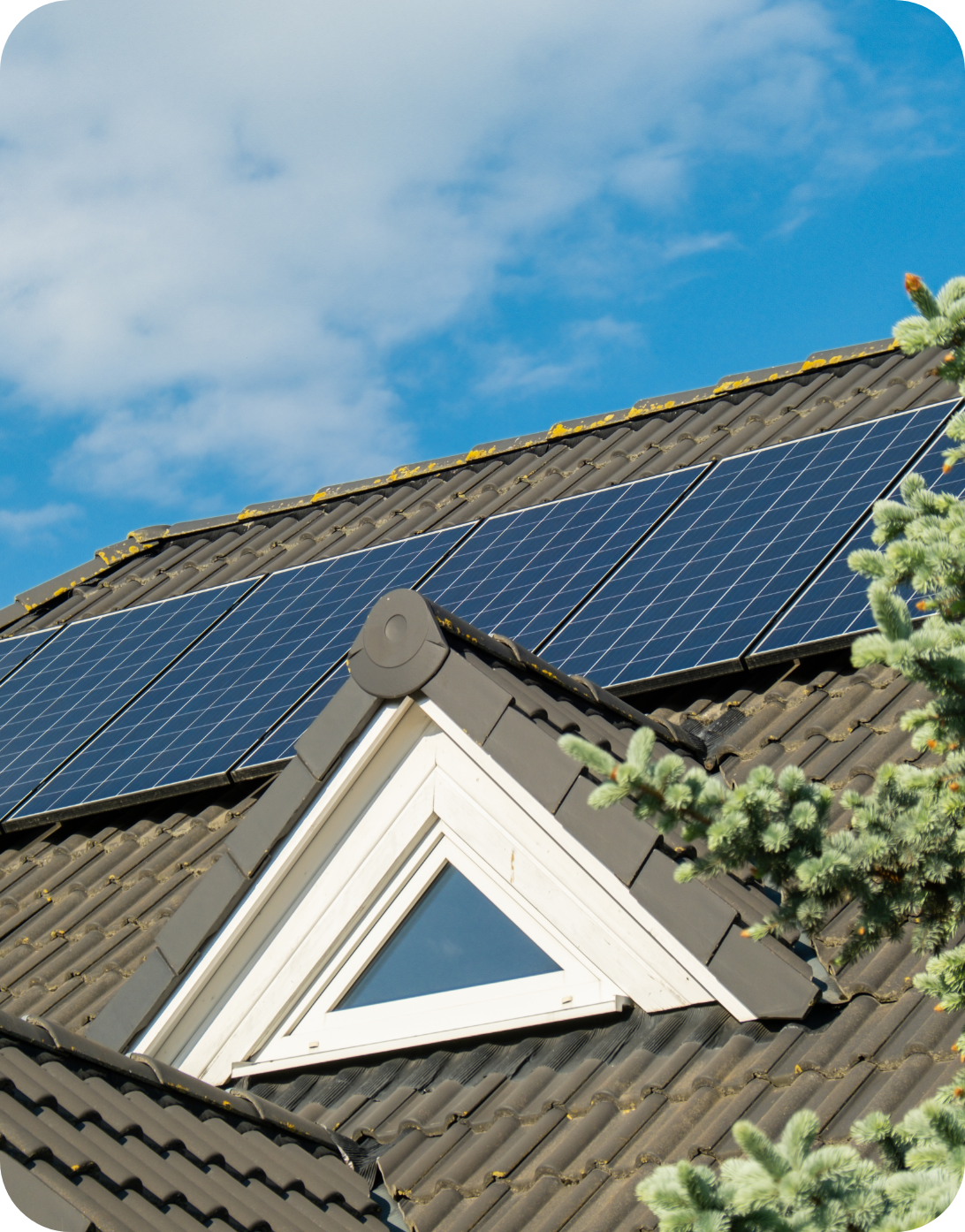How Much Do Solar Panels Cost for a 1500-Square-Foot House?

With so many factors at play, it can be challenging to determine how much it will cost to install solar panels for your home. Consider your home’s square footage, the amount of wattage needed, and the number of solar panels you plan on purchasing. In addition, the installation process increases the overall cost and varies from company to company.
So, for example, how much do solar panels cost for a 1500-square-foot house? Let’s break it down.
Solar Panel Cost per Watt
To give you an idea of the average cost for home solar panels, a 1500-square-foot home costs about $16,500 for a 6-kilowatt solar panel system to be installed. The price per watt also affects this. Generally, the price per watt costs anywhere from $2.50 to $3.50; one solar panel usually generates between 250 to 400 watts of power.
First, determine how many watts the appliances in your home utilize. You can do this using a monitor, which can plug into your appliance’s outlet. This monitor will then display how many watts are being used. If you don’t have access to a monitor or do not want to purchase one, you can check to see if your appliance shows how many watts it uses on the label.


Solar Panel Installation Cost Factors
The average cost for solar panel installment on a house varies depending on the system size you are in the market for. To determine this figure, take inventory of how much power you use within your household. Information such as utility bills and kilowatt hours (KWH), as well as the amount of energy your home uses to power 1000 watts, will be of great help as you decide how much power and how many solar panels you will need.
Environment Factors for Solar Panel Systems
Yet another factor to consider is your environment. Solar panels run on sun energy, so they won’t produce the same amount of energy when the sun is not shining. Panels should be placed in direct sunlight on your roof for optimum performance. The climate you live in can also affect the cost-effectiveness of solar panels for your home. In addition, if your home is shaded, the sun’s rays may not be able to reach your solar panels to charge them. This may decrease the cost-effectiveness of your solar panel purchase.
How Many Solar Panels Do I Need?
An average-sized home will require about 15 solar panels. To calculate how many solar panels you need, take your hourly household energy requirement and multiply it by the average number of peak sunlight hours your home gets. Once you have this number, divide it by the wattage capacity of the solar panels you are comparing.
For a point of reference, a panel with low wattage might have 150 watts, and a panel with a higher wattage might have 370 watts.


Solar Savings Estimator
One of the best ways to determine how many solar panels you might need for a 1,500-square-foot home and how much you could save is to use a solar panel calculator.
You’ll need to add some basic information, including:
With this info, you’ll get an estimate of how many solar panels you need, the potential cost of your system, and how much you may be able to save on your energy bill.
You can use the Axia Solar calculator to calculate how many solar panels you might need for a 1,500-square-foot home.
Are Solar Panels Worth it?
Let’s get back to the basics of determining if your household would benefit from installing a solar panel system. There are pros and cons to installing solar panels for your home.
Once you’ve gathered this information, determine if the pros outweigh the cons for your household. It could be a wise investment if you feel that your home fits the environment, is the right size, and your electricity bill would be decreased using solar panels. You can make an informed decision for your household using the tools provided.
Benefits include:
The disadvantages include:
Is it worth it to invest in solar panels?
As we’ve outlined, consider the various factors:
Go Solar with Axia
Are you ready to electrify your life and switch to solar for your 1,500-square-foot home? At Axia Solar, we can install solar panel systems on homes of any size, ensuring you have the solar energy you need to experience the benefits of energy independence. Our team ensures an easy, hassle-free experience from beginning to end.
Solar Panel Payback FAQ
Still have questions about how solar panel costs and the factors affecting the solar payback period? Refer to these frequently asked questions for more information.
While storage batteries are great for protecting you from grid outages and promoting your energy independence, they can lengthen your payback period by adding to your overall expenses. They aren’t usually factored into the payback period formula. On the other hand, batteries can add significant value to your life, as stored battery power can be used during peak rate hours when everyone is home using power but the sun is going down.